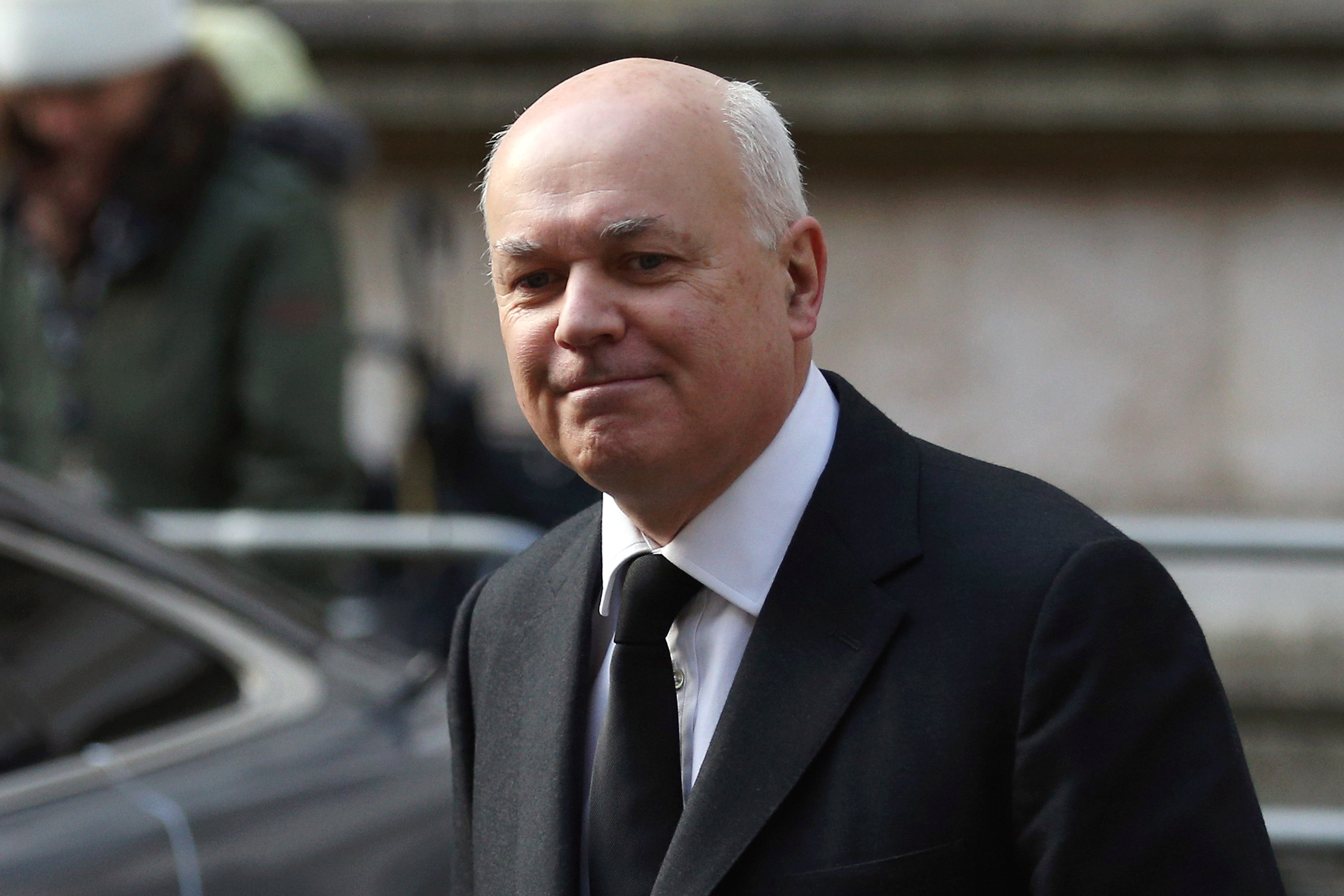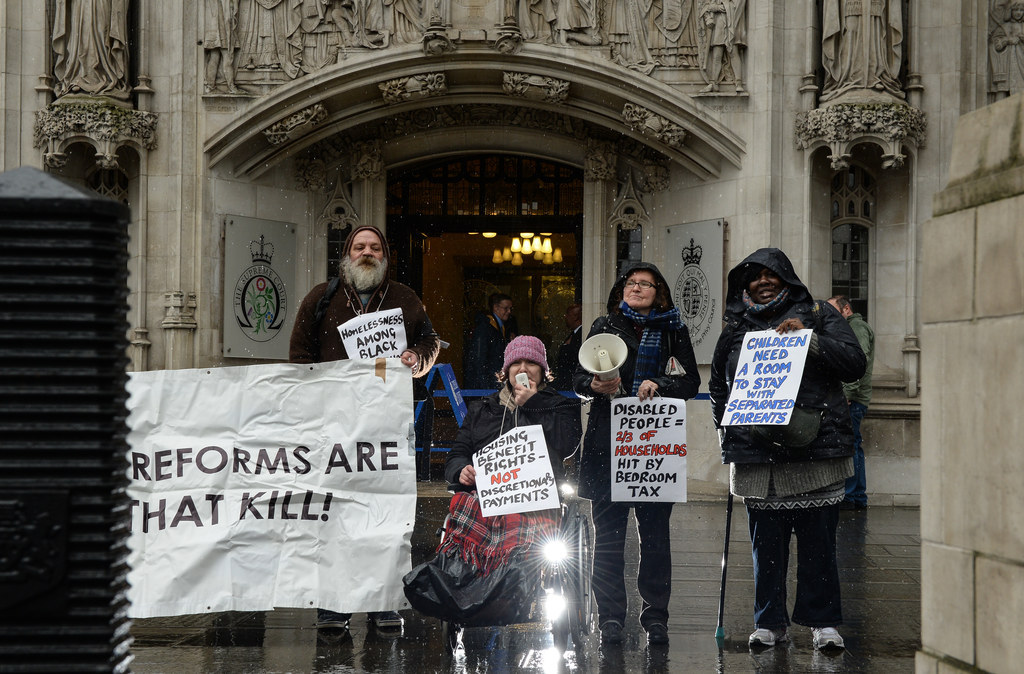1. Employment and support allowance (ESA)

This month government MPs forced through a motion for a £30-a-week reduction in the ESA paid to those disabled people considered capable of undertaking "work-related activity".
The move sparked outrage: Yesterday three Tory MPs were asked to resign as patrons of disabilities after voting for the motion, while the Disabilities Benefits Consortium, an informal coalition of 60 national disability charities, described the decision as a "step backwards".
There has also been anger ever since Duncan Smith took over as work and pensions secretary over the administration of the tests for people to claim ESA (which had originally been introduced by Labour).
In 2013 the work and pensions select committee concluded that the system was "clearly causing claimants considerable distress and anxiety." Many felt that the use of outsourced contractors – first Atos and then Maximus – introduced a profit incentive into a system that was crucial for people's lives.
According to figures released last year, over 2,300 people died shortly after their benefits ended and they were declared fit for work between 2011 and 2014. The Department for Work and Pensions (DWP) insisted it was impossible to establish a direct link between people losing benefits and dying as it did not hold information on the cause of death.
A study in the Journal of Epidemiology and Community Health found that almost 600 suicides could be linked to DWP work assessments.
2. Workfare

Duncan Smith's department ran a number of schemes that forced people to undertake voluntary work placements or risk losing benefits. They included Help to Work, the Work Programme, and Mandatory Work Activity – some of which have now been discarded. Critics claimed they exploited the jobless, that there was a lack of transparency, and that there were question marks over the effectiveness of the schemes.
This led to a number of flash points – including companies withdrawing from the schemes, an occasion when a man was ordered to work without pay for a company that had let him go, and the case of Cait Reilly, a graduate who was made to work for free at Poundland: She successfully challenged the government in court, forcing a retrospective change in the law.
3. Universal credit

Duncan Smith was a passionate believer that many families were trapped by the benefits system. His main answer to this was universal credit, which aimed to merge six benefits into one monthly payment.
The idea was for payments to be aligned to wages in a bid to prepare people for the world of work. However, the scheme soon ran into a number of problems, including the claim that many wouldn't be able work the online system, delays in payments, and the belief that disabled people would stand to lose out under it.
However, the most severe criticisms from MPs regarded the mounting costs and delays in implementing the policy.
4. The bedroom tax

The bedroom tax was a change in housing benefit rules introduced in April 2013 – housing benefit is paid to less well-off tenants in council houses and those renting from housing associations so they can make their rent, and the change meant those who local authorities felt had surplus space would get a reduced payment.
Those with one spare room received a cut of 14%, while those with two or more lost 25%. Many people with family members who were disabled felt they were being unfairly targeted, despite a belated decision to exclude severely disabled children from the plans.
In January 2016, the Court of Appeal ruled that the bedroom tax was unlawfully discriminatory in two separate cases – one involving a domestic violence victim and the other the grandparents of a 15-year-old boy. The government is appealing the decision.
5. Personal independence payments (PIP)

In 2013 Duncan Smith began to replace the disability living allowance (DLA) with PIP. He said DLA was "an outdated benefit introduced over twenty years ago" and that PIP was "designed to better reflect today's understanding of disability, particularly with regards to mental health and fluctuating conditions".
However, the switch was seen by critics as a disaster due to delays in assessments faced by thousands of people.
